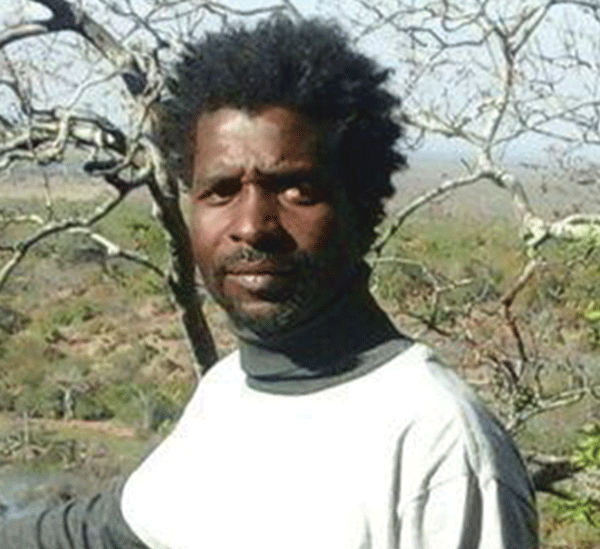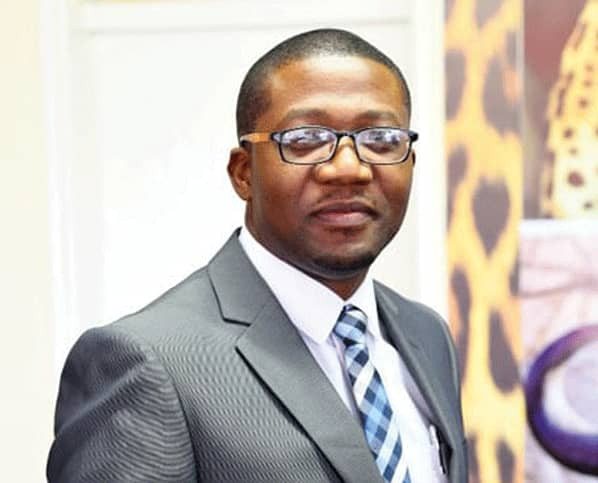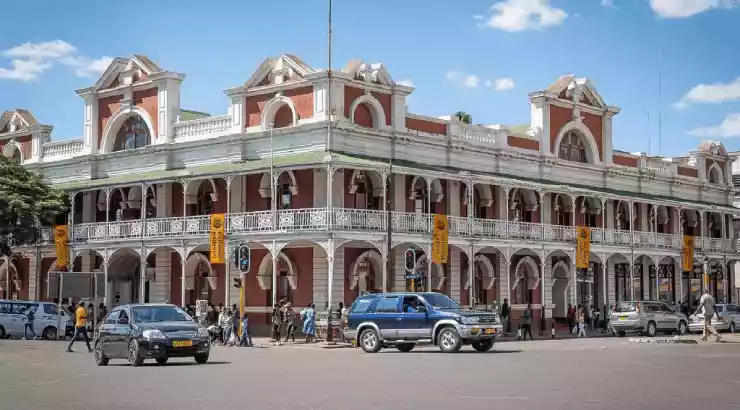
Stir The Pot: By Paidamoyo Muzulu
THE Zimbabwean silly season came a little bit early. General elections are still 22 months away, but electioneering is now in full swing. The ride seems going to be long, winding and in some cases bumpy.
The Cambridge dictionary defines the silly season as “a period of time when people do or say things that are not sensible or serious”.
This is a heavy topic, especially when the election season is upon us. Many get entrenched in their party positions and fail to distinguish the grain from chaff.
On Tuesday, President Mnangagwa’s Cabinet said there would be a new city developed by private capital between Harare and Marondera. The new development would be known as Melfort Smart City.
“Cabinet wishes to inform the nation that the National Housing and Social Amenities ministry, and a consortium of pension and provident funds, banking institutions and other developers fronted by the Zimbabwe Electricity Industry Pension Fund and the Zesa Pension Fund, is collaborating the development of Melfort Smart City,” a Cabinet statement read.
“Melfort is strategically located midway between Harare and Marondera, and has potential to become a major economic hub. It is endowed with excellent weather conditions, abundant water sources, thriving agricultural activities, a railway line and an elaborate road network.”
The project was touted as something that would decongest Harare and would be replicated across the country.
- Chamisa under fire over US$120K donation
- Mavhunga puts DeMbare into Chibuku quarterfinals
- Pension funds bet on Cabora Bassa oilfields
- Councils defy govt fire tender directive
Keep Reading
“Going forward, the Smart City also aims at decongesting Harare, and the concept will be replicated throughout the country. The development can be replicated to other areas such as Figtree, and Chirundu Border Post. Given that Melfort Smart City is a private sector-driven development project, the National Housing and Social Amenities ministry will engage potential investors on the funding models to ensure that the concept quickly materialises.”
This in any other circumstances could be good news for an economy working to recover from two decades of economic deterioration. It would in one swoop create jobs and increase production across many sectors such as brick moulding, quarry, cement, welding, tiles, windowpanes, electrical and plumbing, among many other things.
However, this is not the first new smart city on the cards. We have heard from the government that Mt Hampden will be another new smart city with shopping malls, executive villas, hotels and a parliamentary village, among other amenities. Over the last couple of years, we have noticed one building going up — the New Parliament Building. The other amenities are still far from taking off the ground.
These towns have no timeframe and are being developed on State land for the benefit of private capital. This is recipe for disaster. This concept was tested in Johannesburg, South Africa, when private capital developed Sandton City — the richest and most expensive piece of land per square metre in South Africa.
Sandton is practically divided from Alexandria Park, one of the poorest slums in South Africa, by a major freeway.
One can never fully comprehend the contrast between the two developments unless they start thinking ideologically. The divide did not happen by chance, it was deliberately planned by private capital for a specific clientele — the rich.
Relying on private capital for development is a recipe for social inequality and a clear reminder of the gap between the rich and poor, worse in a country where a few thousand capitalists have made millions since time immemorial.
The majority poor will be offering their cheap labour for menial jobs in the smart cities, commuting from their squalors like their brethren in Alexandria Park, South Africa. This type of development is unsustainable and a recipe for future fissures.
Probably at this juncture we need to revisit the sponsors of these projects. Zimbabwe Electricity Industry Pension Fund and the Zesa Pension Fund and other private investors are said to be pushing the project. Pension funds pooled from the poor working class are being used to let the rich further enjoy while the contributors wallow in poverty.
Pension funds have in the past two decades short-changed pensioners. In 2009, after the economic meltdown and subsequent dollarisation of the economy, pensions lost their value and life savings were wiped. However, pension funds have lots of properties and investments from the pensioners’ funds that are still running.
As if on repeat, in 2019 Treasury de-dollarised and pensioners lost their life savings for the second time. However, the pension funds remain the gift that continuously gives to the rich. Many paid off their United States dollar-denominated mortgages in the much-reviled bond notes.
Trickle-down economics does not work. Probably it’s time the Mnangagwa administration has a relook at its purported signature projects and realigns them to the real needs of the majority poor.
Chasing these dreams of smart cities will not do much to change the lives of the majority. It will not give water, health or education to the majority. These are the things that are immediately needed for development.
It is time that the media plays its watchdog role on government decisions. These hair-brained ideas about smart cities should be interrogated by the media, not the current situation where they are allowed to pass without scrutiny.
While the silly season may be upon us, it is important for the working class and the peasants to keep focused on their immediate and medium-term needs and not be swayed by promises of sugar candy mountain.
The temptation and euphoria of the silly season should be resisted by the citizens.
The electioneering will be long, but the people’s needs remain clear even in the dust of propaganda.











